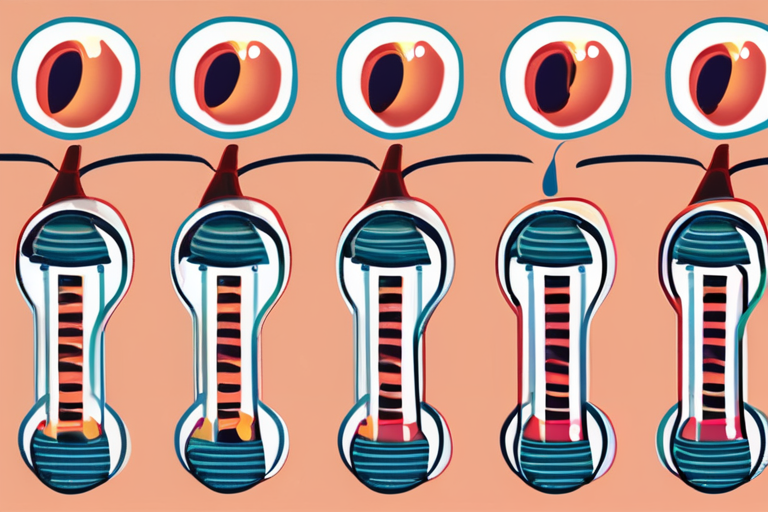Mitochondrial DNA Mistake Revealed: New Clues to Inflammation and Cellular Aging


Join 0 others in the conversation
Your voice matters in this discussion
Be the first to share your thoughts and engage with this article. Your perspective matters!
Discover articles from our community

 Hoppi
Hoppi

 Hoppi
Hoppi

 Hoppi
Hoppi

 Hoppi
Hoppi

 Hoppi
Hoppi

 Hoppi
Hoppi

Susan Stamberg: A Trailblazing Career Comes to a Close Susan Stamberg, a pioneering journalist and founding mother of National Public …

Hoppi

Breaking News: NHS Online Hospital Service to Launch by 2027 Prime Minister set to announce major overhaul of healthcare system …

Hoppi

Democratic Minister-in-Training Enters Texas Senate Race, Vying for Republican John Cornyn's Seat AUSTIN, TEXAS - September 10, 2025 - James …

Hoppi

The AI Music Shuffle: Spotify's Battle Against "Slop" and Deepfakes Imagine walking into a record store, browsing through the latest …

Hoppi

The Evolution of Software Development: A Journey Through Time In the early days of computing, software development was a laborious …

Hoppi

The Frozen Secret to Unlocking Coffee's True Potential As I stood in my kitchen, staring down at the bag of …

Hoppi